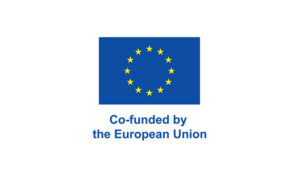Dr. Boris Legradic is a Senior R&D Engineer with over ten years of experience in the solar industry, specializing in the transition of solar technologies from lab to production. Holding a Doctorate in Physics from EPFL (École Polytechnique Fédérale de Lausanne), Boris is fluent in German, French, English, and Italian. At Meyer Burger, he contributed significantly to the development and industrial application of heterojunction technology.
In his current role in the PILATUS project, Boris is focused on transferring the Interdigitated Back Contact (IBC) processes to mass production, and on further developing the data analysis capabilities of Meyer Burger Research.
What was your original motivation to become a researcher?
From a young age, physics captivated me. By the time I was 10 I had decided to become a physicist (before that I wanted to be a chemist, like my father). Uncovering the mechanics of the universe and applying these insights to advance technology and save the world (a little) – what’s not to like?
What is your (main) research area today?
My research is twofold: I investigate plasma deposition processes to optimize the ultra-thin layers that convert silicon into solar cells. Additionally, I am working on our data analysis methods to incorporate cutting-edge developments—keep an eye out for an upcoming EU project!
What is the main focus of your team in PILATUS?
In the past (see also the EU Project SIRIUS) MBR has developed the IBC technology at the heart of the PILATUS project. Now is the time for us to transfer this technology to our partners, so it can be industrialised on a large scale.
From all your activities within the project, what are you the most proud of/keen to share with the public?
I am particularly proud of how our team at MBR has managed to streamline a sophisticated technology—interdigitated back-contact (IBC) cells—making it not only viable for mass production but also cost-effective compared to its predecessor, the heterojunction technology, despite its complexity.
How do you expect the PILATUS results will impact your organisation and the PV sector in Europe?
I believe that IBC technology represents the future for high-performance solar modules in the mass market for the foreseeable future. Other technologies have yet to match its potential, price point and stability, and IBC presents an excellent opportunity to rejuvenate the European PV sector—a welcome secondary benefit.

This project has received funding from the European Union under the Horizon Europe programme under grant number 101084046. Views and opinions expressed are however those of the author(s) only and do not necessarily reflect those of the European Union. Neither the European Union nor the granting authority can be held responsible for them.

